In normal times, the imminent return of a suspended governor after six months in political exile has raised tension among political stakeholders in the state. Gov. Siminalayi Fubara is due back in office on September 18 at the end of emergency rule, the mood, according to feelers from the state, is anything but jubilant, as reported by BusinessHallmark.
Tension In Rivers As 7-Day Budget Ultimatum Reaches Deadline
PDP: ‘Bringing Obi to where’? It’s not possible – Wike vows
What should have been a restoration of democracy has, instead, deepened anxiety. Most residents, analysts say, see Gov. Fubara’s comeback not as a rebirth of hope, but as the reinstallation of a figurehead. In their telling, President Bola Tinubu and Federal Capital Territory Minister, Nyesom Wike, have used the emergency period to capture Rivers State’s political machinery, leaving Fubara naked, stripped of real authority.
The real winners, they argue, are in Abuja. Tinubu, they say, has secured a crucial oil-rich state in his column ahead of his 2027 re-election bid. Wike, his ally-turned-power broker, retains a firm grip on Rivers while enjoying relevance in the federal cabinet. The casualties? Fubara himself, the people of Rivers, and Nigeria’s already fragile democracy.
When President Tinubu declared a state of emergency in March and suspended Fubara, citing security concerns, many lawyers and political observers called the move unconstitutional. The National Assembly, nonetheless, waved the objections aside, approving it with a voice vote.
Yet, on the ground in Rivers, the sense was very different. The state was calm when the emergency was announced, critics insisted, and if anything, the imposition of direct rule destabilised the atmosphere.
Chetam Nwala, a Port Harcourt based lawyer and activist,argued that the measure was “long overdue,” but had little to do with public safety.
“It was basically a state capture, not to bring back security,” Nwala said. “The governor is coming back to do the president’s bidding, not that of Rivers people.”
Nwala told News Central, “I am happy that we are returning to constitutional democracy, unlike what we have had in the state, but I am not excited because I know we are returning back to Egypt. Everything that was done in Rivers State was simply done for Tinubu’s 2027 election. It was basically a state capture, not to bring back security to Rivers State. The president has successfully hoodwinked the governor and the governor is coming back to do his bidding, not the bidding of the people of Rivers State.
“I believe that the governor should be independent to be able to lead Rivers people based on the interest of the people, and not based on the interest of anybody. But we know that once the governor returns it will be about pushing the interest of the president for 2027, because that is exactly what the president wants. It is very unfortunate that the president has destroyed the economy of Rivers State and has given us a bad reputation before the international community just because of his 2027 ambition.”
Theophilus Alaye, president of the Ijaw Youth Council, warned that the precedent set is even more dangerous than the politics behind it. “When the emergency was declared, the state was largely calm. It is the emergency that threw us into chaos,” Alaye said. “Today it is Rivers. Tomorrow it could be Lagos or Kano. A serving president can now suspend governors, who don’t support his re-election. That is how democracy collapses.”
He emphasised that, “This is a very dangerous precedent that the president has set, and the Supreme Court has refused to rule on it. What they have done in Rivers State may not stay a Rivers issue alone. I keep saying that on that the president is going to succeed in suspending five to 10 governors that are not doing his bidding.
“That is why we were expecting the Supreme Court to look into the decision. The PDP governors filled a case to determine whether the president has the power to suspend the governor of a state, but the Supreme Court sat on that petition.”
Chief Peter Ameh, national secretary of the Coalition of United Political Parties (CUPP), was even blunter: “The governor has surrendered to federal might. There’s nothing he’s coming to do other than sign checks and pay salaries. Unfortunately, citizens have been so pauperised that they cannot rise against this lawlessness.”
The Ibas interlude
For six months, Rivers has been administered not by its elected government, but by a sole administrator: Vice Admiral Ibok-Ette Ekwe Ibas. His tenure has been marked by bold, often controversial actions.
From inaugurating a new Pensions Board to appointing governing councils for four state-owned universities, and the conduct of a local government election termed illegal by lawyers, many say Ibas acted like a long-term governor, rather than a caretaker. His claim to have saved N5 billion through a payroll verification exercise that uncovered 12,000 “ghost workers” was loudly trumpeted. But civil service unions quickly countered that genuine staff had been wrongly struck off and accused him of seeking to ingratiate himself with the presidency to justify prolonging emergency rule.
A rights activist called the exercise “a ploy to discredit Governor Fubara.” Online, anger boiled over. Jahmal of Port Harcourt (@Big_Sinudo) accused Ibas of attempting to deduct N1 billion from each of the state’s 23 local government areas. “Was the assignment to deduct N23 billion?” he asked in a post on X.
To many, Ibas’ conduct underlined what they had suspected all along, that the Rivers emergency was less about restoring order than about consolidating political control.
Quickly! Watch The Video Before It’s Deleted! |Save Hot 3:00 Minutes $3x V!de0s To Ur Phone Directly | Watch 2:00 H0t $3x V!d0es Now!
Quickly! Watch Before It’s Deleted! Another Popular Nigeria Pastors Wife $leeps With Male Church Member, Husband Engaged In Physical Compact Him. Watch The Full Video Here Now.
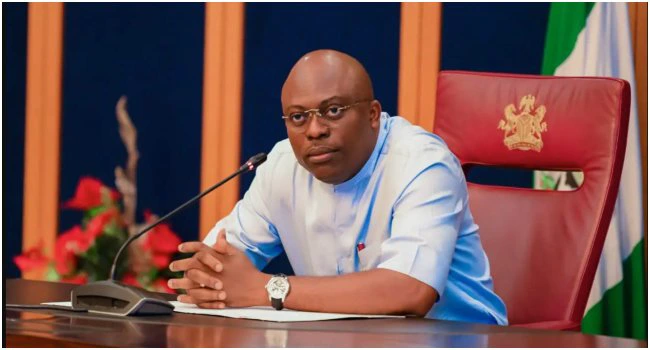

 Entertainment4 months ago
Entertainment4 months ago
 Politics4 months ago
Politics4 months ago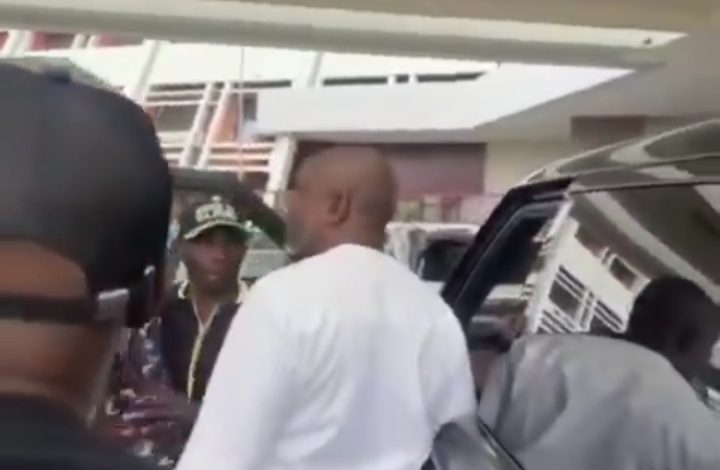
 Breaking News5 months ago
Breaking News5 months ago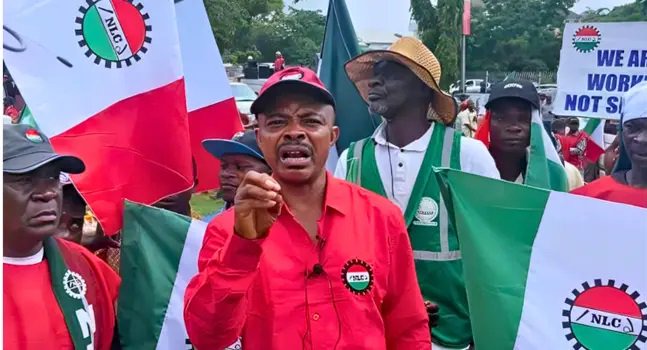
 Breaking News6 months ago
Breaking News6 months ago
 Breaking News5 months ago
Breaking News5 months ago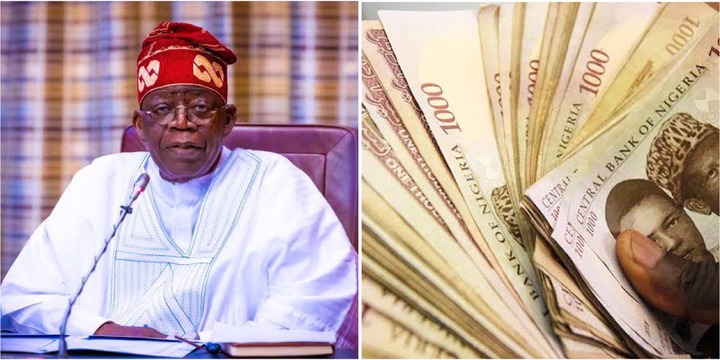
 Breaking News6 months ago
Breaking News6 months ago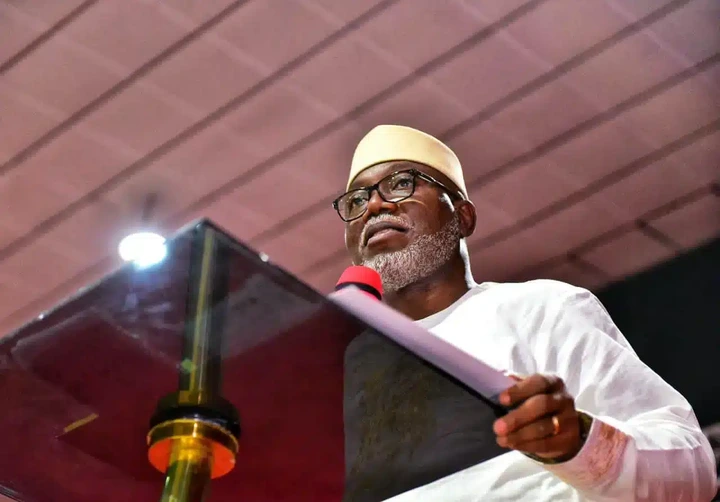
 Breaking News5 months ago
Breaking News5 months ago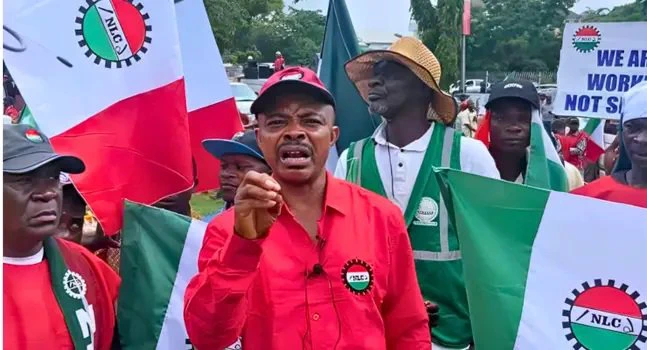
 Breaking News6 months ago
Breaking News6 months ago

